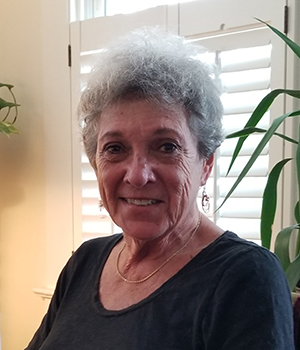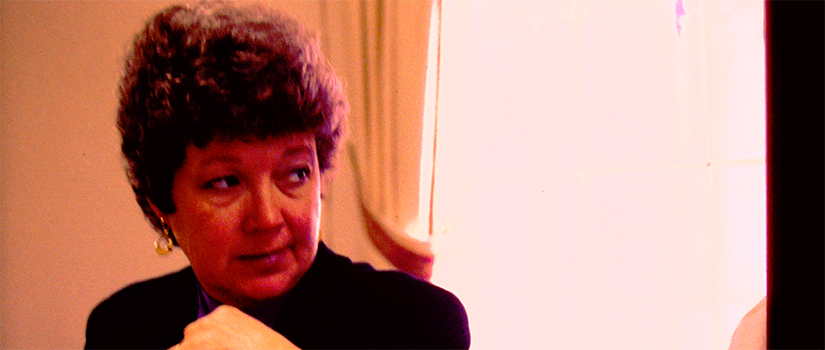By Rose Cisneros , Cisneror@mailbox.sc.edu

“There really was not even that much theory on the subject out there. The University of South Carolina was truly near the cutting edge.”
Sally Boyd and her sister grew up in the 1950s watching their mother juggle caring for the family while working a job outside of the home. They learned from their mother’s example that women could be empowered to take care of themselves.
“From very early on, I had feminist instincts without really knowing how to name them,” Boyd says.
She brought her yet-undefined feminist fervor with her as a graduate student in the English department at USC. After she obtained her degree in 1980, Boyd stayed at the university as a teaching associate in the English department.
She received her first assignment to teach an introductory Women’s Studies course in 1981 and spent the rest of her 30-year career at USC advancing the program.
Over that time, Boyd says she learned as much from her students as they did from her.
“There really was not even that much theory on the subject out there. The University of South Carolina was truly near the cutting edge.”
Together, she and her students studied the written works of Sandra Cisneros, Maya Angelou and Virginia Woolf. They learned of social scientist and anthropologist Mary Leakey, who discovered the first fossilized ape skull with ancestral links to humans.
“With my students, my focus was always on helping them to realize — through recognizing women’s accomplishments — their own potential. I wanted them to have so much information that the truth would be self-evident to them.”
Throughout her years of teaching, Boyd says she saw the impact of the work they were doing. She observed a gradual shift in the way the women in her classes talked about their future plans.
Women, who before had largely thought of marriage as their end goal after graduation, began sharing plans to continue their education in medical or law school. Of the men who took her Women’s Studies courses, Boyd says their ideologies shifted as well.
“After about six weeks, their contraries would disappear. They got on board,” she says.

Change Makers, Contributors Tell their Stories
- Sally Boyd – A feminist’s early beginnings
- Dawn Campbell – Agent of change
- Ed Madden – Engendering identity scholarship
- Stephanie Mitchem – An eye towards the future
Along with the impact she had on her students, Boyd provided instrumental administrative support to the Women’s Studies program.
“I was very much interested in improving opportunities for women students and the status of the faculty and staff on this campus,” Boyd says.
Throughout her career in WGST, Boyd served as acting director, chaired the graduate and undergraduate program committees, served on search committees for three WGST program directors, participated in various partnership councils for anniversary celebrations and served as president of the Professional Women on Campus organization. She also oversaw the hiring of the program’s first ever director, Sue Rosser, in 1986.
Boyd says she wanted to help rewrite the narrative for women students, faculty and staff on campus.
“I hope I did something meaningful with the students and with the growth and development of of the program and what it has evolved into over the last 50 years.”



